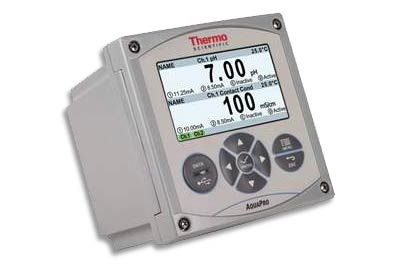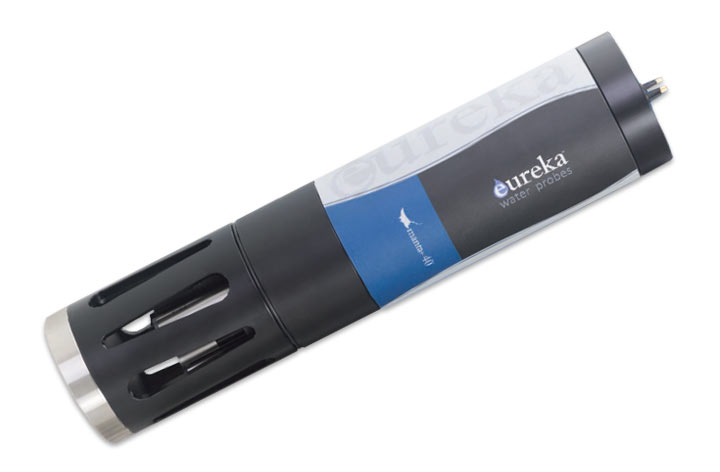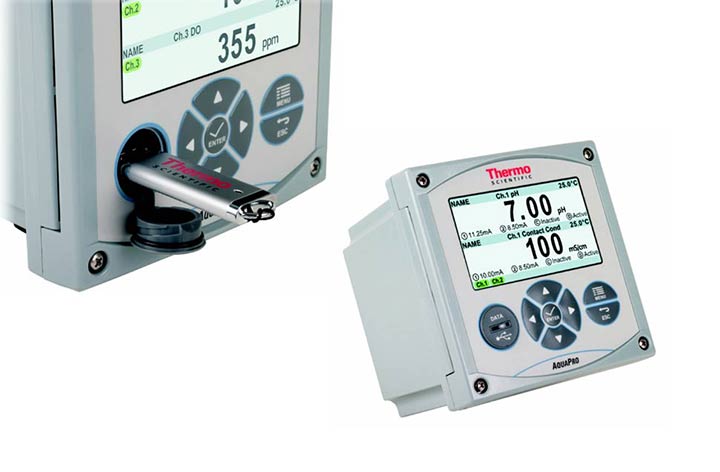Measuring TSS (Total Suspended Solids) in Water
 Total Suspended Solids (TSS) is the portion of fine particulate matter that remains in suspension in water. It measures a similar property to turbidity, but provides an actual weight of particulate matter for a given volume of sample (usually mg/l).
Total Suspended Solids (TSS) is the portion of fine particulate matter that remains in suspension in water. It measures a similar property to turbidity, but provides an actual weight of particulate matter for a given volume of sample (usually mg/l).
TSS are particles that are larger than 2 microns found in the water column. Anything smaller than this is called a dissolved solid. The majority of suspended solids are made up of inorganic materials, although bacteria and algae can contribute to total solid levels. These solids include anything floating through the water such as gravel, silt, sand or clay. Another contributor to TSS is the decomposing of plants and animals meaning small particles break away from the organism becoming a suspended solid in the water. TSS is significant in regards to the aesthetics of the water, as the more suspended solids that are present the less clear the water will become.
Some suspended solids can settle to the bottom of the body of water over time along with heavier particles such as sand and gravel. This is usually present in areas of water that are shallower due to slow water flow. This settling improves water clarity however the increased silt can smother eggs and benthic organism.
TSS is the most visible indicator of water quality. It is considered that clear water is usually considered healthy water. It is especially cause for concern if the water becomes murky in a previously clear body of water. Excessive suspended solids can be cause for concern for aquatic and human life as well as impede navigation and increase flooding risks.







